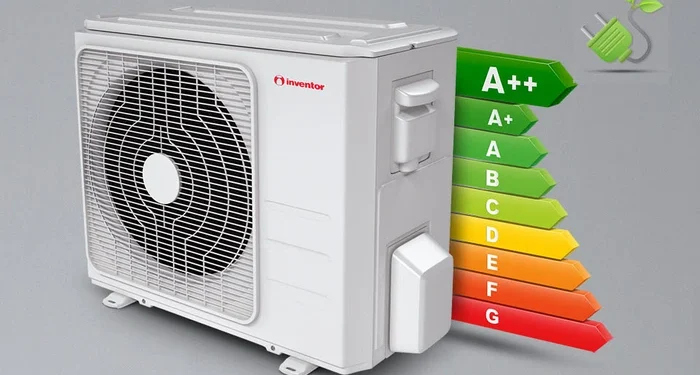There are several benefits of energy-efficient air conditioning systems that extend beyond comfort. Emphasizing cost control and environmental effect reduction, they provide a sensible and sustainable solution for companies and homeowners. These systems also often have longer lifetimes, demand less maintenance, and can raise property value. Switching to energy-efficient air conditioning is a step toward a greener, more reasonably priced future as demand for more sustainable living keeps rising.
Reduced Utility Costs
Since energy-efficient air conditioners run much less than their conventional equivalents, monthly energy costs are directly reduced. These systems are made to run more effectively, hence less energy is needed to chill your room to the intended degree. High-efficiency compressors and variable-speed motors are among the upgraded technologies that guarantee the unit only runs the required power, so it reduces unnecessary energy waste.
Reducing energy use helps homes and companies to free money for other necessary costs or expenditures. Certain utility companies may also offer aircon rebate victoria in addition to financial choices to help the change be more reasonably priced and offer useful information about the most efficient models available.
Reducing Environmental Impact
Reducing the environmental impact relies greatly on energy-efficient air conditioning equipment. Less greenhouse gasses enter the atmosphere the lower the energy demand.
Many energy-efficient versions also make use of refrigerants less damaging to the ozone layer than more conventional systems employing ozone-depleting compounds. This makes energy-efficient air conditioning systems not only beneficial for the environment but also align with worldwide attempts to reduce the effects of climate change.
Enhanced Residential Worth
Investing in an energy-efficient air conditioner can raise your property’s value. A house with an energy-efficient AC system is going to stand out on the market and attract more prospective consumers seeking reasonably priced, environmentally friendly alternatives.
Moreover, if you want to sell your house someday, you could recover the initial outlay for improving your air conditioning system. This implies not only will you benefit from the immediate savings but also the market value of your house can increase.
Quiet Operation
Energy-efficient air conditioners run far more silently than conventional models. Because of their older compressor and fan technologies, older, traditional air conditioners can be loud.
Built with noise reduction in mind, the latest, energy-efficient models include quieter compressors and fans that provide a more serene indoor space. Those who live in houses where noise disruption causes issues or who are sensitive to noise would particularly benefit from this.
How to Get a Rebate for Air Conditioning Designed for Energy Efficiency
Though the initial cost of buying and installing an energy-efficient air conditioner could appear more than that of a conventional system, several rebateprograms are available to reduce this initial outlay. These incentives give households extra savings and help to make the switch to energy-efficient cooling more reasonably priced.
Government Discounts and Motives
Rebates, tax credits, and incentives abound in many government initiatives to inspire homeowners to make energy-efficient appliance investments including air conditioning systems. These initiatives reduce the financial load of switching to a more environmentally friendly, energy-efficient model.
Government aircon rebate victoriaeligibility could rely on the particular unit being bought, its energy-efficiency rating, and the location of the house. Homeowners who want to access these rebates should investigate current initiatives and make sure their new air conditioner satisfies the necessary criteria.
Working with a qualified contractor experienced with the rebate procedure will also help to guarantee that all documentation is done accurately and turned in on schedule.
Programs Run by Utility Companies
In addition to government rebates, several utility companies provide incentives to support energy-efficient improvements. These programs aim at lowering customer energy consumption which greatly reduces the pressure on the power system.
For energy-efficient air conditioning systems, utility firms could provide rebates or lowered installation fees. Often depending on the energy efficiency of the unit and the area the homeowner lives in, these incentives differ.
Homeowners can ask their local utility company about any incentives that apply and the particular criteria for involvement.









